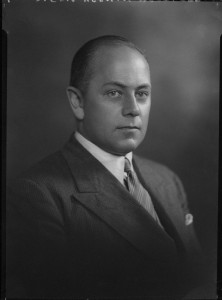8th January 1915
The Dorsets remained in billets for the day. Lieutenant Lilly’s recollections of Dranoutre describe their billets as a farm, the location of which is unknown to me at this time.
Being in billets didn’t necessarily mean lying on a pile of straw, reading the latest letters from home. Duties were found for the soldiers which were called fatigues. It’s no surprise to find that fatigues were hated by the men. Tasks included carrying supplies, like sandbags and barbed wire, up to the frontline. If they weren’t helping out then they would be training and keeping fit through route marches.
It’s also interesting to note that inexperienced officers often disliked fatigues as the parading and marching was something they were not experienced in.
The BBC broadcaster and politician Vernon Bartlett was one such Dorsets officer. He joined the 3rd Bn Dorsets on 16th October 1914 but exactly when he joined the 1st Bn Dorsets in Belgium is proving harder to find out.

I took the following quotation by him from the excellent Fantastic Writers and the Great War website.
Apart from the moments of acute terror the worst times, for me, were when we were back in billets, for I had been on so few battalion and brigade parades and was overwhelmed with the thought of the chaos I might cause by confusing left and right.